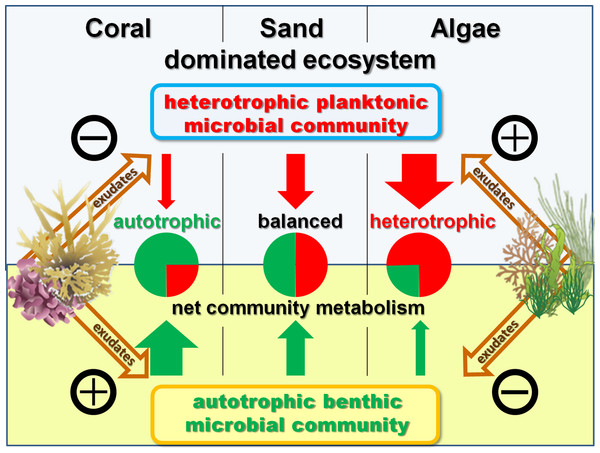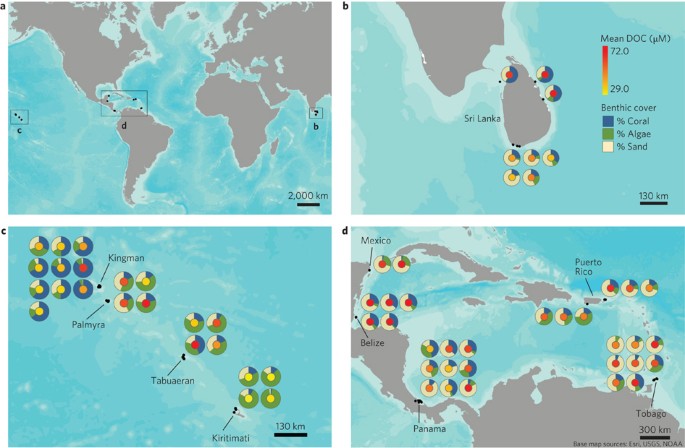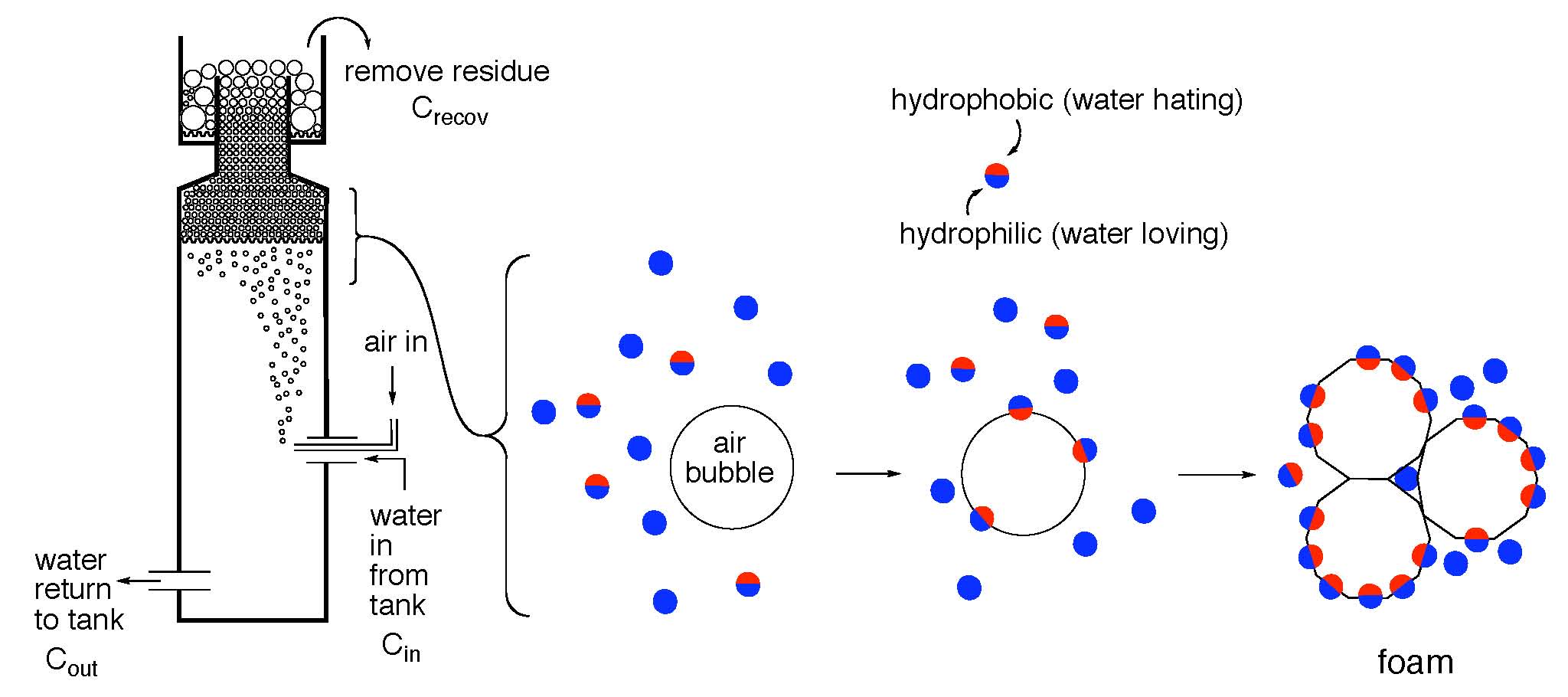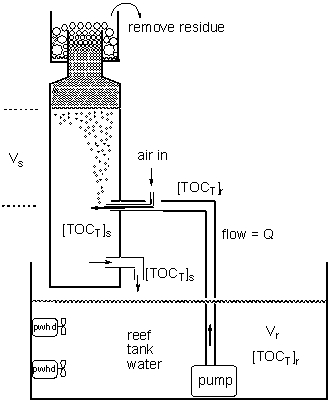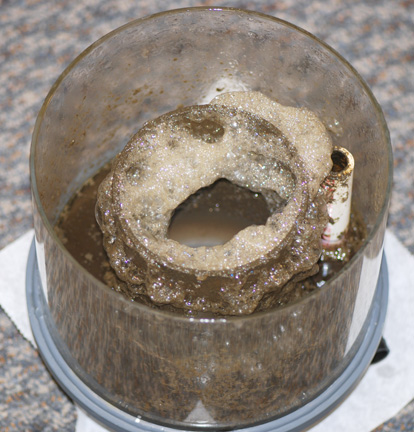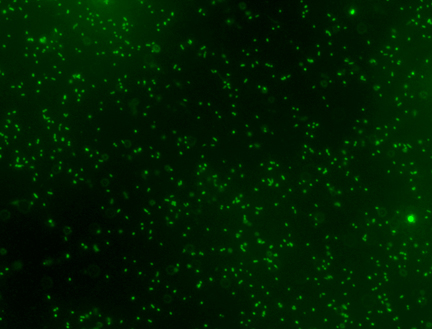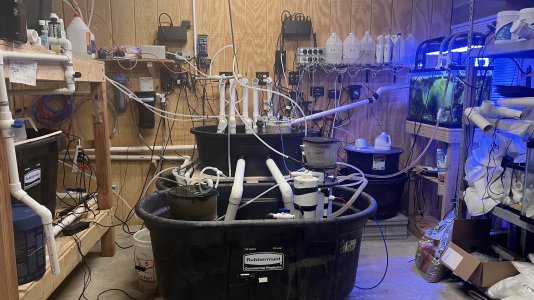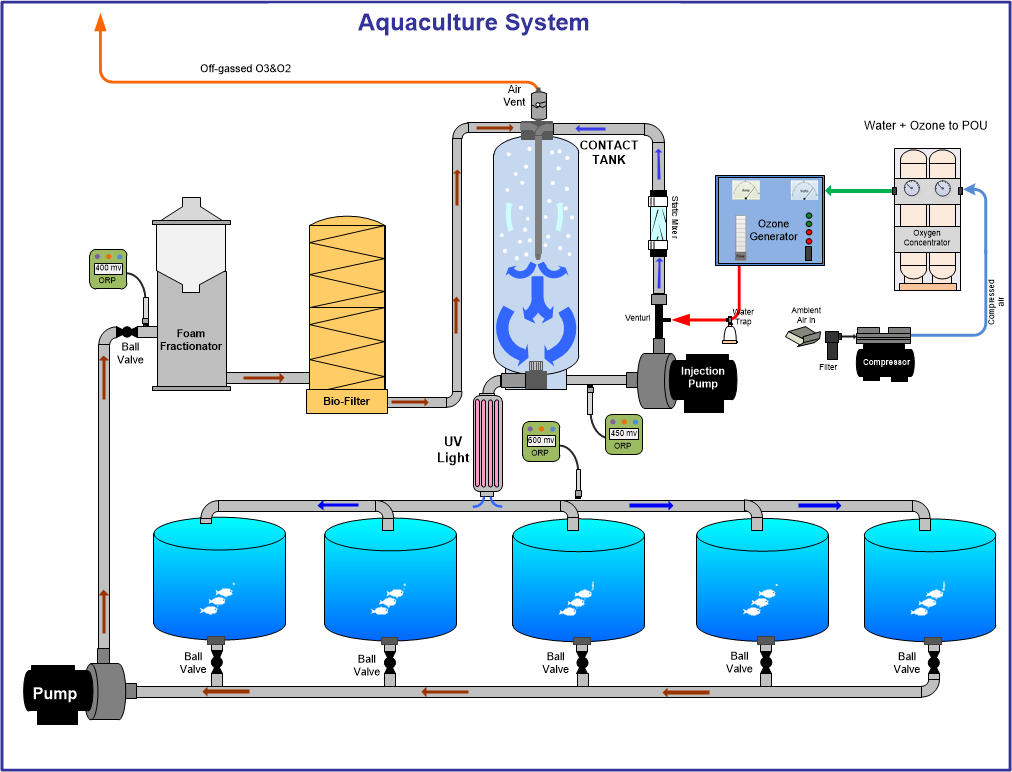hydor_italy
Member
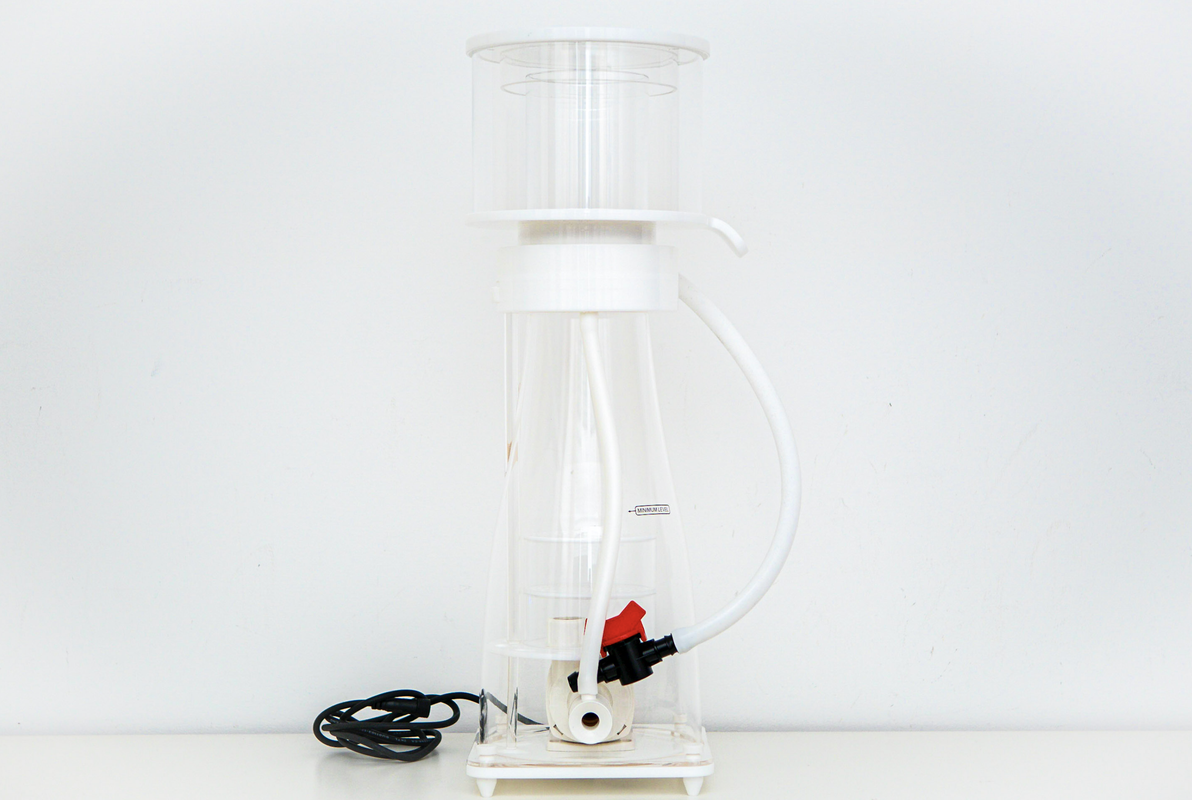
The skimmer is important above all for oxygenating the aquarium, and removing almost all the proteins, but also vitamins, fats, amino acids, carbohydrates, deoxyribonucleic acid (DNA), but also the organic compounds responsible for the yellowing of the water, toxins emitted by corals, uneaten food, bacteria, macro and micro plankton, eggs, coral sperm and other similar compounds.
This is why a skimmer should never be missing in a marine aquarium.
More information about the Hydor E-Skim DC here: E-SKIM DC
#hydor #passionforexcellence #poweredbyhydor #madeinitaly #eskymdc#tutorials #tutorial #facts #fact #aquariums #aquarium #aquariumhobby #aquariumhobbyist #tips #productdesign #nanoreef #reeftank #saltwateraquarium #reefer #reefaddict #reefpack #reefsofinstagram #coraladdict #coraladdiction #ilovemyreeftank #reefnerd #saltwatertank #reeftanksofinstagram #reefers4reefers #skimmer #skimmer


